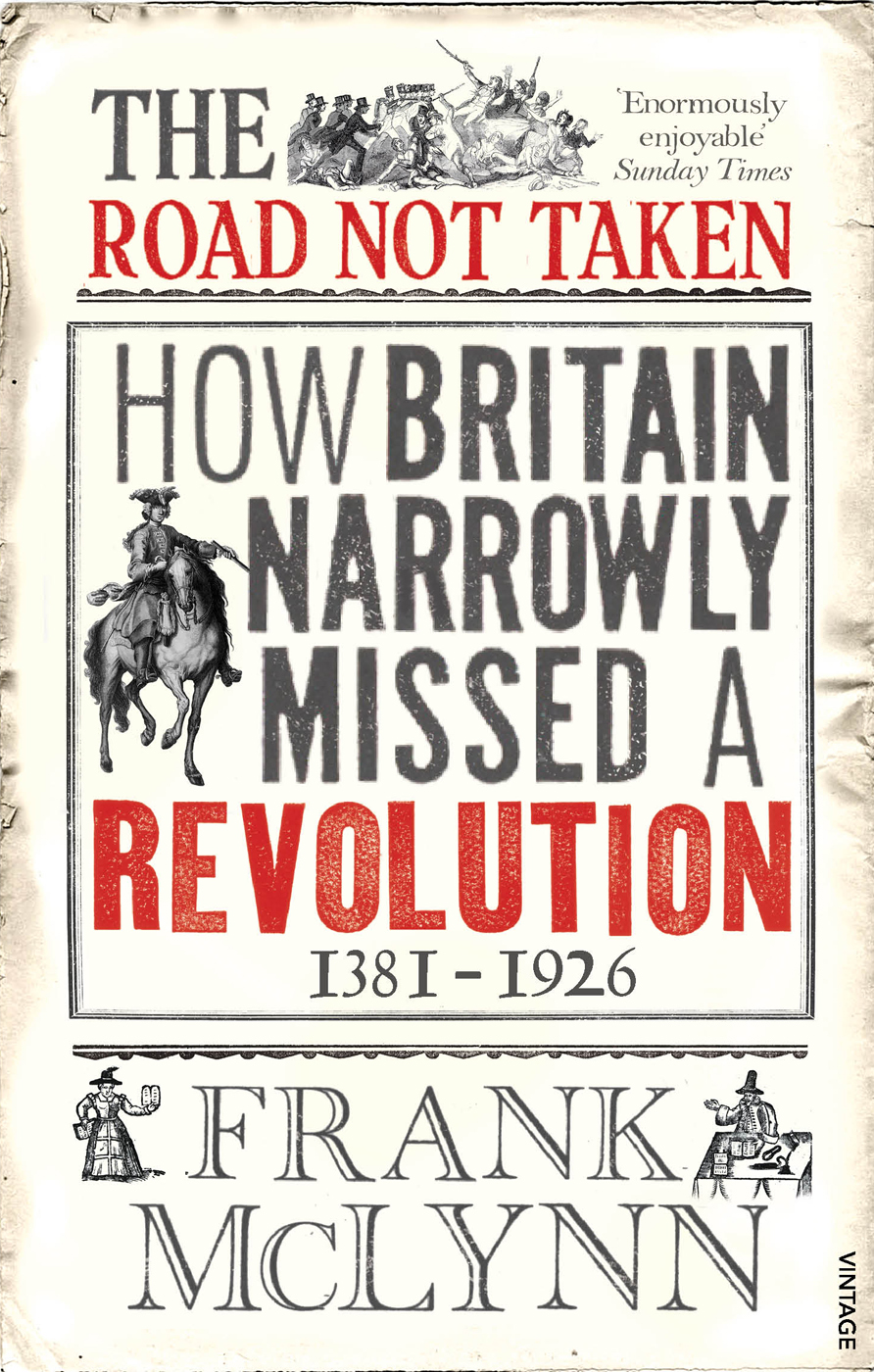

Most ebook files are in PDF format, so you can easily read them using various software such as Foxit Reader or directly on the Google Chrome browser.
Some ebook files are released by publishers in other formats such as .awz, .mobi, .epub, .fb2, etc. You may need to install specific software to read these formats on mobile/PC, such as Calibre.
Please read the tutorial at this link: https://ebookbell.com/faq
We offer FREE conversion to the popular formats you request; however, this may take some time. Therefore, right after payment, please email us, and we will try to provide the service as quickly as possible.
For some exceptional file formats or broken links (if any), please refrain from opening any disputes. Instead, email us first, and we will try to assist within a maximum of 6 hours.
EbookBell Team

4.4
12 reviewsBritain has not been successfully invaded since 1066; nor, in nearly 1,000 years, has it known a true revolution -- one that brings radical, systemic and enduring change. The contrast with her European neighbours -- with France, Germany, Italy, Spain, Greece and Russia -- is dramatic. All have been convulsed by external warfare, revolution and civil war -- all have experienced fundamental change to their ruling elites or their social and economic structures.
In The Road Not Taken ** Frank McLynn investigates the seven occasions when England came closest to revolution: the Peasants' Revolt of 1381, the Jack Cade rising of 1450, the Pilgrimage of Grace in 1536, the English Civil War of the 1640s, the Jacobite Rising of 1745-6, the Chartist Movement of 1838-50 and the General Strike of 1926. Mixing narrative and analysis, he vividly recreates each episode and provides compelling explanations of why social turbulence stopped short of revolution.
McLynn takes issue with those who argue that great events do not have great causes -- that they happen not because of some titanic clash of systems -- the bourgeoisie versus the landed aristocracy or the oligarchy versus the gentry -- but because of accident -- the blunders and miscalculations of individual human beings. As well as suggesting causes for these seismic events and reasons for their ultimate collapse, he examines the underlying currents which have allowed England (and, since 1707, Scotland) to enjoy a continuity and stability unknown in almost every other country.